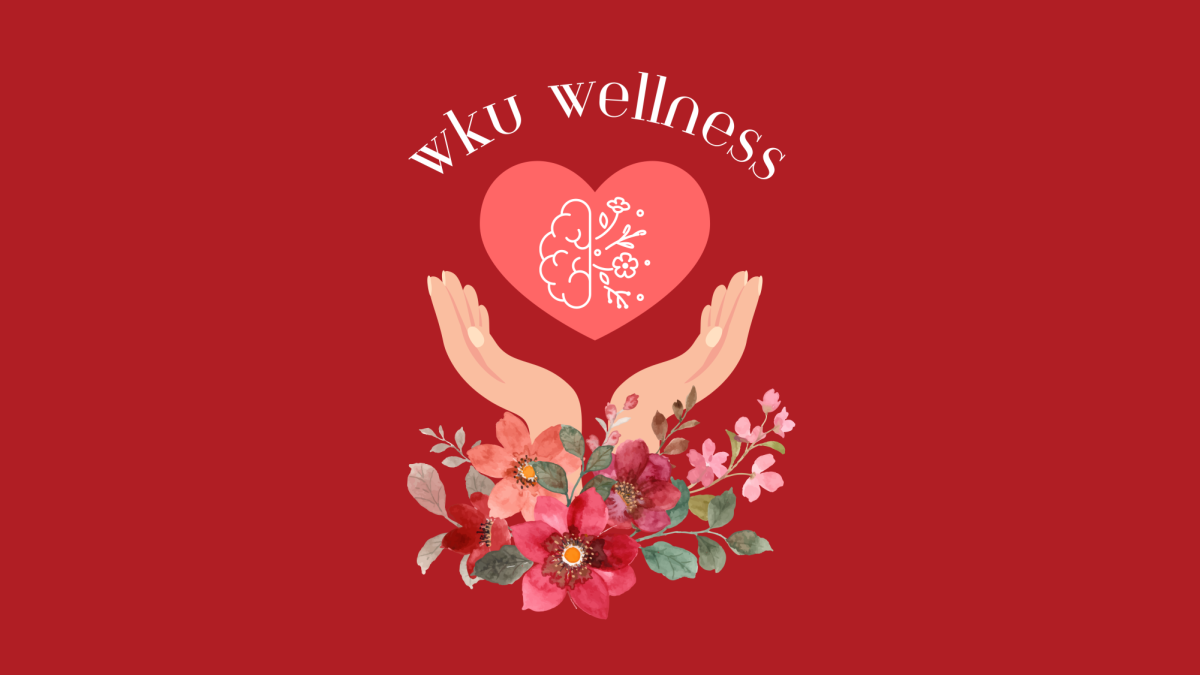Common Ground: Equality in relationships isn’t always a good thing
November 21, 2013
Equality is a funny word.
It’s become one of those buzz words people use to characterize good things.
Whether it’s with friendships or relationships, between races, among nations or even in health care provision, the push for equality seems to be on everyone’s agenda these days.
But what does equality mean? And if you and I could really have it right now, would we still want it?
Well, for our purposes, let’s just define it as the promotion of equivalent portions of some good thing — of love in relationships, opportunities among races or really any good thing people desire in general.
Specifically, I want to talk about relationship equality because it’s been one of the major thrusts for equality in the past century.
I can’t even count the number of times I’ve heard friends say things like, “Men and women should be treated as equals,” or “He spends basically all his time with his girlfriend, so I’m not even sure we’re friends.”
And in sentiment, I agree with where my friends are coming from. Women shouldn’t be degraded to some sort of secondary partner in a relationship.
And for most of human history, that’s exactly what men have done, so I totally agree that men and women should be equal—or that friendships in general, regardless of gender, should be equal.
Nor should friendships exist in which one person takes advantage of the other.
Except I see one tiny problem with these attitudes toward partnerships.
I don’t actually want equality.
I don’t want half the power in my relationship or half the responsibility for making it work. In fact, the notion of dividing everything in my relationships down the middle terrifies me.
Just think about what being equal gets you.
Reflect on all the times you’ve failed the people you love. If you can’t think of any, I’m sure your parents might be able to give you a couple examples.
If relationships and friendships operated on an equal level, then every time you’ve ever lied, someone should lie to you. Likewise, every time someone disappoints you, you should possess an opportunity to disappoint that person in turn.
That, or if someone is particularly close to you and loves you a great deal, if you forget their birthday, you should not be allowed to be their friend anymore. After all, you should be equal and they wouldn’t forget your birthday.
Sounds crazy, right? No one lives like that.
But that’s what relationships are built on if it’s all about equality.
Instead, what if we built our relationships on grace and forgiveness?
What if we desired to love the other person more than they loved us instead of in an equal amount? What if we put our own power and desires second to theirs?
That’s the relationship I want—one built on me being the first to forgive, the first to sacrifice and the first to love instead of judge—because that is far more rewarding than a relationship built on self-interest.
Equality is suffocating our relationships. It’s been used to define those around us by what we can get out of them by heralding such thoughts as “progressive.”
But that’s why every adult I know has gotten a divorce. What’s left to gain from your wife of twenty years if there’s someone younger, hotter and shares more of your interests?
If equality is your guide, the answer is nothing.















